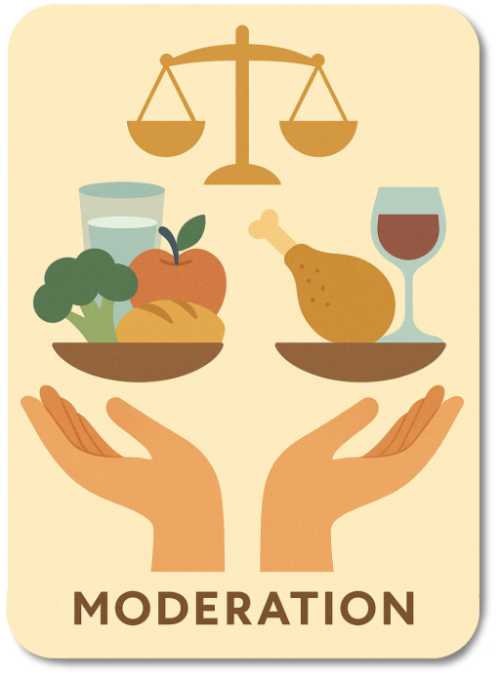Prostate Cancer: A Common Men’s Disease
and TCM’s Supportive Role
Prostate cancer is the most frequently diagnosed cancer in men after skin cancer, and one of the leading causes of cancer-related death among American men. In 2025, the American Cancer Society projects over 290,000 new cases, with nearly 35,000 expected deaths. The disease most commonly affects men over the age of 65, and many cases are discovered through routine screenings such as the PSA (prostate-specific antigen) test or digital rectal exam. While some prostate cancers grow slowly and may never pose a serious threat, others are aggressive and require prompt treatment.
 Western treatment options depend on the stage and nature of the tumor and may include active surveillance, surgery (prostatectomy), radiation therapy, hormone-blocking therapy, and in some cases, chemotherapy. Side effects vary, but common concerns include urinary incontinence, erectile dysfunction, fatigue, hot flashes, and emotional stress. Hormone therapy, used to reduce testosterone levels, can profoundly affect mood, bone density, and overall vitality.
Western treatment options depend on the stage and nature of the tumor and may include active surveillance, surgery (prostatectomy), radiation therapy, hormone-blocking therapy, and in some cases, chemotherapy. Side effects vary, but common concerns include urinary incontinence, erectile dysfunction, fatigue, hot flashes, and emotional stress. Hormone therapy, used to reduce testosterone levels, can profoundly affect mood, bone density, and overall vitality.
From the perspective of Traditional Chinese Medicine (TCM), the prostate is not described as a discrete organ, but its function is associated with the Kidney and Bladder systems. The Kidneys in TCM are considered the storehouse of Jing (精), or essence, which governs growth, reproduction, and aging. Prostate cancer, especially in older men, is often seen as a result of declining Kidney essence combined with other imbalances such as damp heat in the lower burner or stagnation of Qi and blood. These patterns are identified not through scans, but through careful attention to the patient’s tongue, pulse, symptoms, and emotional state.
TCM offers several avenues of support. During hormone therapy, men may experience hot flashes and night sweats, which are interpreted as signs of yin deficiency. Herbal formulas such as Zhi Bai Di Huang Wan (知柏地黄丸) or custom variations may help regulate this imbalance. Acupuncture can also be used to ease hot flashes, irritability, and sleep disturbance, and to support energy levels during prolonged treatment courses.
Urinary difficulties—frequent urination, urgency, or incomplete voiding—are common both before and after surgery or radiation. In TCM, this may be addressed through herbs that clear damp heat from the lower Jiao (lower burner), such as che qian zi (车前子, plantain seed) and fu ling (茯苓, poria). Acupoints along the Conception Vessel and Bladder meridians may also be stimulated to help regulate urinary function.
Emotional health is an often-overlooked aspect of prostate cancer care. The diagnosis can stir anxiety, shame, or depression, especially when sexual function is affected. The Liver and Heart systems in TCM are closely tied to emotional balance. Calming acupuncture treatments and lifestyle guidance, including gentle movement, meditation, and diet, can help reduce stress and encourage long-term adaptation.
As with all cancers, TCM does not aim to replace biomedical treatment, but to support the whole person through it. For aging men facing prostate cancer, TCM offers a time-tested framework to nourish vitality, reduce suffering, and restore balance where it has been disturbed.
Vocabulary Guide:
- Jing (精) – Essence; a foundational substance in TCM associated with vitality, reproduction, and aging, stored in the Kidneys.
- Yin deficiency (阴虚 yīn xū) – A pattern involving dryness, heat sensations, and depletion of cooling, nourishing forces in the body.
- Damp heat (湿热 shī rè) – A combination of fluid stagnation and heat, often affecting the lower body or urinary tract.
- Lower jiao (下焦 xià jiāo) – The lower burner; a term used in TCM to describe the pelvic and lower abdominal region and its functional systems.
- Zhi Bai Di Huang Wan (知柏地黄丸) – A classic herbal formula used to nourish yin and clear deficiency heat.
- Che qian zi (车前子) – Plantain seed; used to promote urination and clear dampness.
- Fu ling (茯苓) – Poria mushroom; used to drain dampness and support digestion and calm the spirit.



